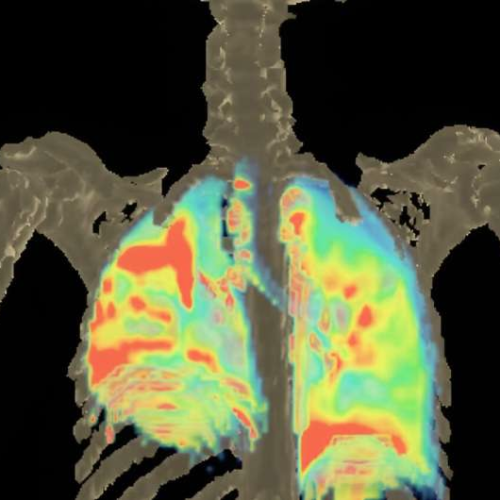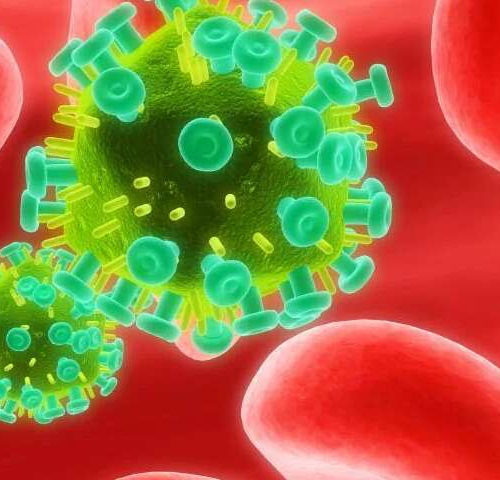August 14, 2024 by Johns Hopkins University Researchers report potential new treatment regimens for multidrug-resistant TB meningitis18F-Pretomanid exposure in brain and lung tissues of a patient with active tuberculosis. Credit: Sanjay Jain LabIn a preliminary study with a small number of humans, rabbits and mice, researchers at Johns Hopkins Children’s Center say they have developed...
Tag: <span>multidrug-resistant</span>
Fecal transplantation improves outcomes in patients with multi-drug resistant organisms
by Digestive Disease Week Transferring fecal matter from the digestive systems of healthy donors to extremely ill patients who had previously been infected with drug-resistant bacteria resulted in shorter hospital stays, fewer bloodstream infections and infections that were easier to treat, according to research that was selected for presentation at Digestive Disease Week (DDW) 2020....
Study reveals raw-type dog foods as a major source of multidrug-resistant bacteria that could potentially colonize humans
New research due to be presented at this year’s European Congress of Clinical Microbiology and Infectious Diseases (ECCMID)* reveals that raw-type dog foods contain high levels of multidrug-resistant bacteria, including those resistant to last-line antibiotics. The potential transfer of such bacteria between dogs and humans is an international public health risk, conclude the authors who...
Fostemsavir active in multidrug-resistant HIV-1 infection
(HealthDay)—Amongpatients with multidrug-resistant HIV-1 infection who have limited therapy options, reductions in HIV-1 RNA level were significantly greater in those who received fostemsavir compared with placebo during the first eight days, according to a study published in the March 26 issue of the New England Journal of Medicine. Michael Kozal, M.D., from the Yale University...
Targeting bacterial adherence inhibits multidrug-resistant Pseudomonas aeruginosa infection following burn injury
Abstract Classical antimicrobial drugs target proliferation and therefore place microbes under extreme selective pressure to evolve resistance. Alternative drugs that target bacterial virulence without impacting survival directly offer an attractive solution to this problem, but to date few such molecules have been discovered. We previously discovered a widespread group of bacterial adhesins, termed Multivalent Adhesion...


